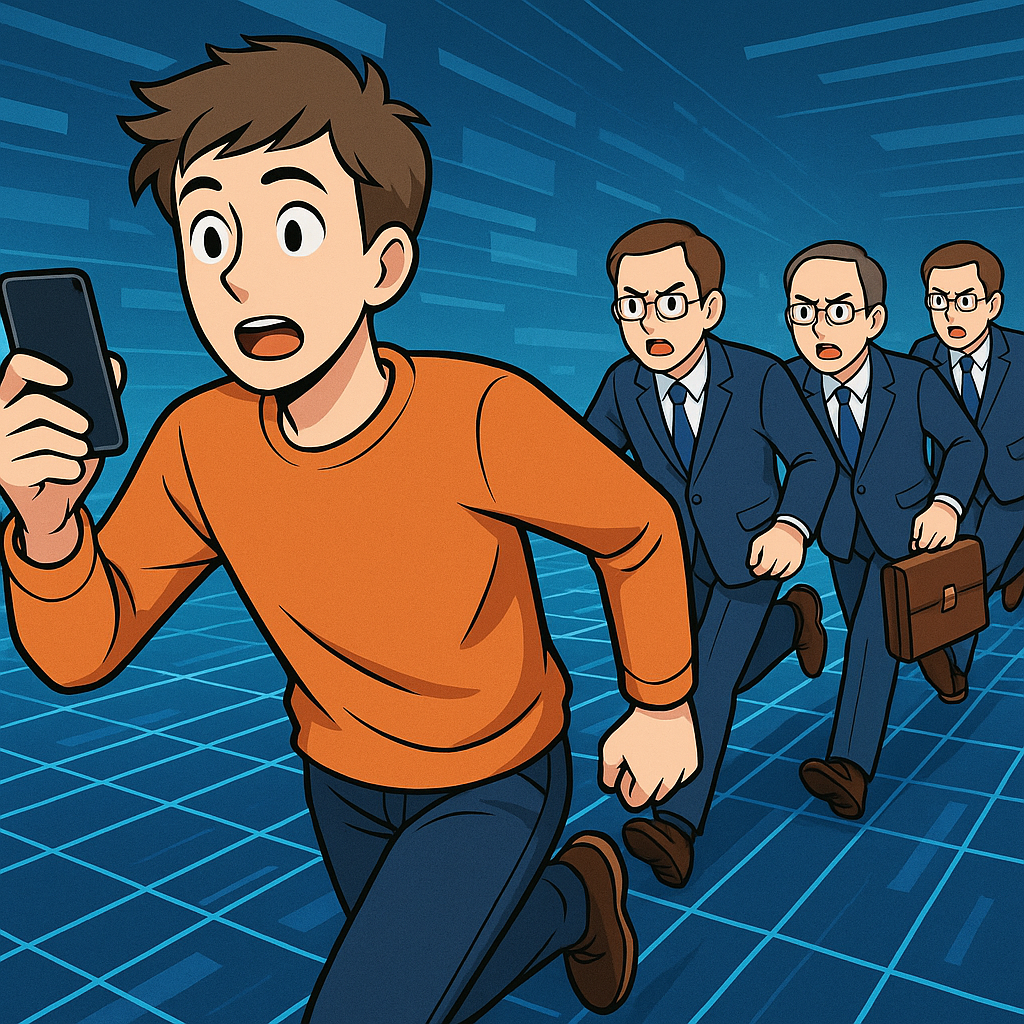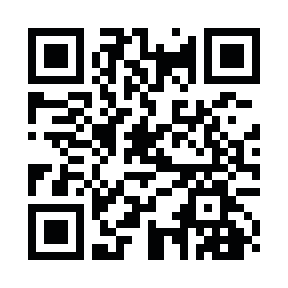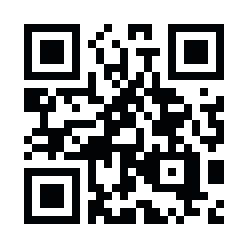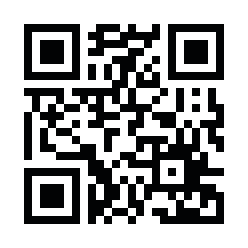
Disclosure Request Horror: The Strongest Tag Team of Lawyer and Adult Site Also Misses the Mark Smartphone
The keyword that has been stirring up the recent internet scene is
"Disclosure Request"
.
One day, you open your mailbox and find an "Opinion Inquiry Letter" from a law firm, breaking out in a cold sweat—such stories never cease.
The cause is usually something trivial like "downloading a video via torrent" or "just peeking."
There are even reports that a large number of claims are being sent out to the extent that it feels like lawyers and adult sites are working together.
While the premise of rights protection is valid, the reality sometimes appears to be
"a business model of how to collect high settlement fees."
Disclosure requests are originally a system to maintain social order, but in some cases, they have become a main business rather than a side job before you know it.
Whether a disclosure request is successful depends on whether "logs" remain.
Under the Provider Liability Limitation Act, communication providers must strive to retain sender information for a certain period so they can respond when sender information is requested.
Although it is an effort obligation, in practice, it is common to keep logs for about three months to half a year, and realistically, it is safe to assume that logs remain for at least three months.
In other words,
"If within three months, you will definitely be caught; after three months, the logs might disappear."
It is a mechanism like a time bomb.
Rights holders and lawyers understand this time limit well, which is why they often make mass requests in a short period.
A casual internet stroll or a moment of curiosity can turn into a bill for hundreds of thousands of yen arriving at your home.
Moreover, the opponents are
a coalition of legal professionals and content providers.
For users, this is a grim reality, but for outsiders, it might look like a comedy.
So how can you distance yourself from this claim drama?
One answer is AntiSpyPhone.
This smartphone is designed not to leave footprints.
By eliminating Google services and thoroughly managing app behavior, it does not send out unnecessary logs.
Furthermore, combined with VPNs and anonymous SIMs,
"the very trail of 'where you came from' becomes unknown."
Even if lawyers charge in holding a claim letter, if there are no clues left to track, they will miss.
What is especially noteworthy here is the profile function.
AntiSpyPhone can create up to 32 profiles on one device.
You can completely separate environments for anonymous activities, daily use, hobbies, and testing.
It's like creating 32 secret bases inside your smartphone.
No matter how hard lawyers try, hitting the right base to access is extremely difficult.
It's like challenging a lottery with a low chance of winning.
By using this system well, you can disperse risks while operating.
For example, activities that fear exposure such as posting or streaming can be done with a dedicated anonymous profile, while daily interactions can be done with a normal profile.
Just switching by purpose prevents information from mixing and greatly increases safety.
It's like putting on and taking off an invisibility cloak, using it according to the situation.
Of course, compliance with laws and regulations is important.
Illegal downloading and uploading should be avoided, and there is a risk of account suspension or legal issues due to terms violations.
However, realistically, if disclosure requests have become a business and users are intimidated, having a system to protect your information is a reasonable self-defense.
A safe environment where you can speak freely and use the internet with peace of mind is worth more than money.
The internet world is always a balance of freedom and risk.
Whether you tremble at disclosure request news as horror or laugh it off as comedy depends on your environment.
If you have a smartphone that leaves footprints, you become a fearful participant; if you have a hard-to-track environment like AntiSpyPhone, you can watch the stage as an audience.
Spend nights fearing bills or laugh and skip over the news.
The choice is in your hands. Why not start preparing to protect your online life with a smartphone that has 32 secret bases?










